17 GPTs for Hypothesis Generation Powered by AI for Free of 2026
AI GPTs for Hypothesis Generation are advanced tools designed to assist in the formulation and exploration of hypotheses across various domains. Utilizing Generative Pre-trained Transformers, these tools excel in analyzing vast amounts of data to suggest plausible hypotheses, making them invaluable for research and development. They leverage natural language processing and machine learning to provide insights, predict trends, and identify patterns that are not immediately obvious, thereby streamlining the process of hypothesis generation in scientific studies, market analysis, and beyond.
Top 10 GPTs for Hypothesis Generation are: MedicoAI (NCBI-NLM-NIH),ResearchPro GPT,Dark Eccho,Biomedical Content Explorer,SCLC Atlas,Sherlock AI: Digital Detective,InnoThink AI,Scientific Discovery Advisor,Omni Research Goddess GPT,Research Buddy
MedicoAI (NCBI-NLM-NIH)
AI-powered medical research and data mining tool.

ResearchPro GPT
Empowering Research with AI
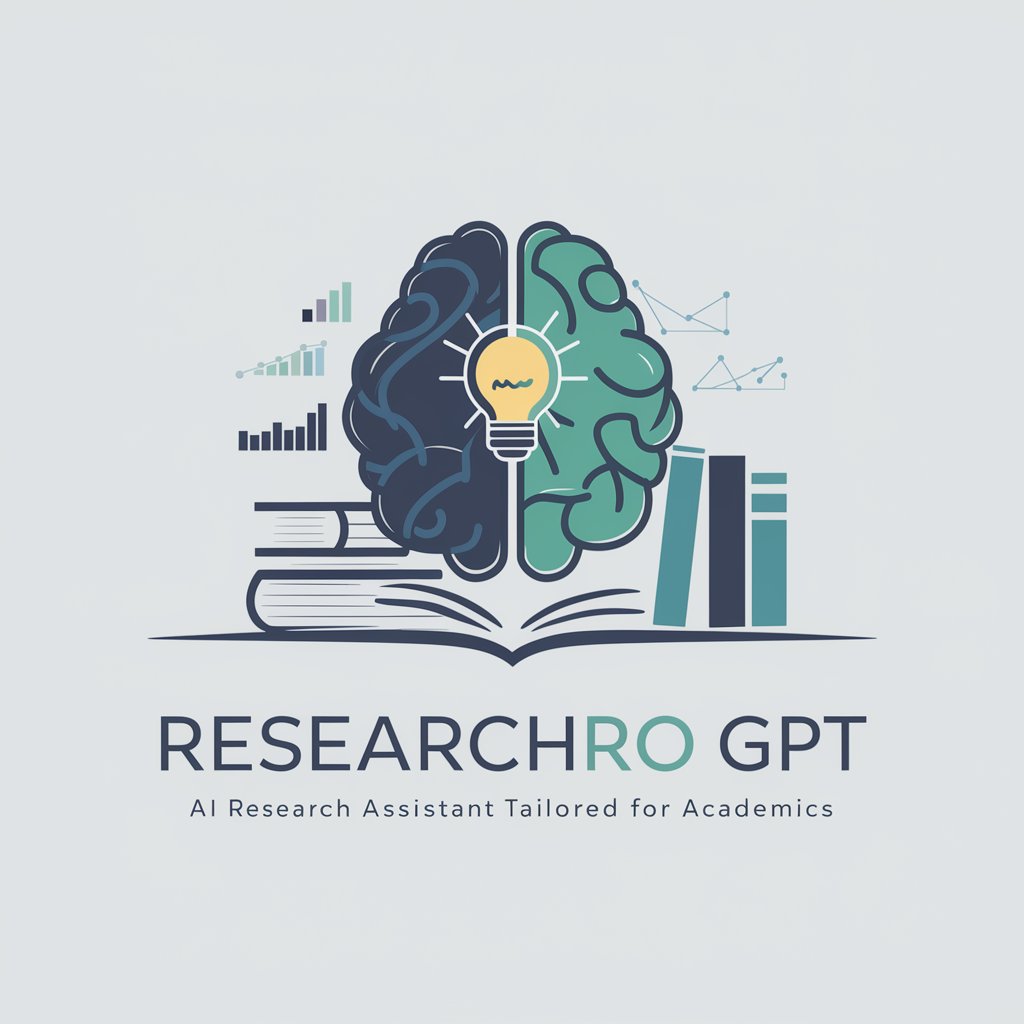
Dark Eccho
Unraveling Quantum Mysteries with AI
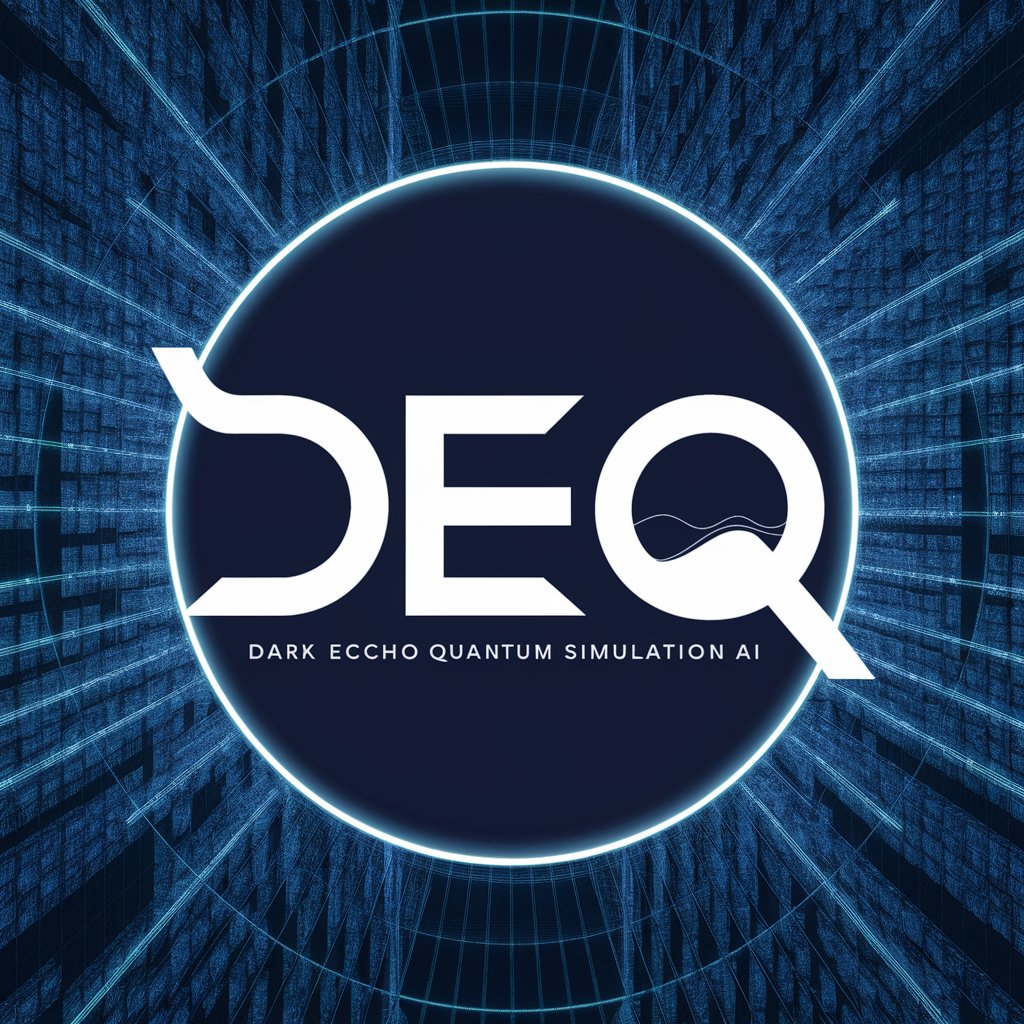
Biomedical Content Explorer
AI-powered Biomedical Text Analysis
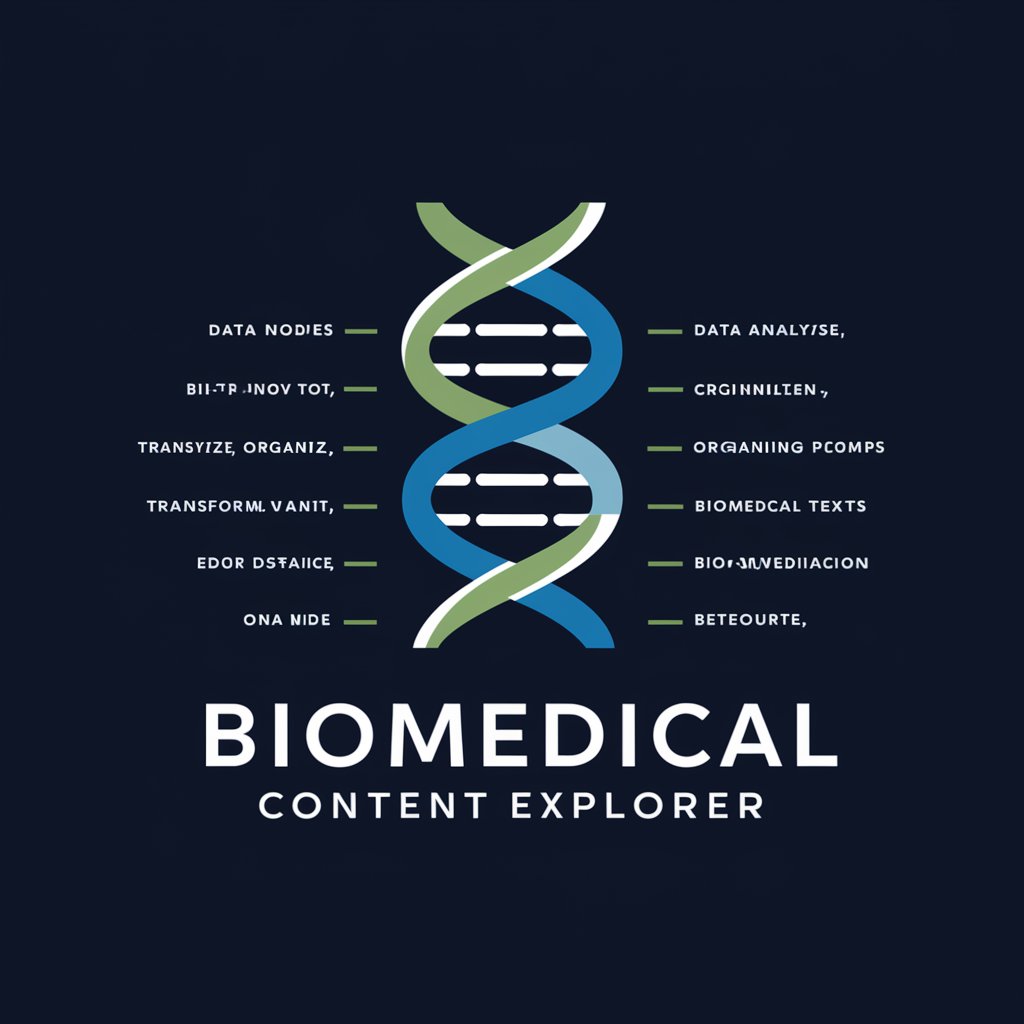
SCLC Atlas
Decoding SCLC with AI-driven insights
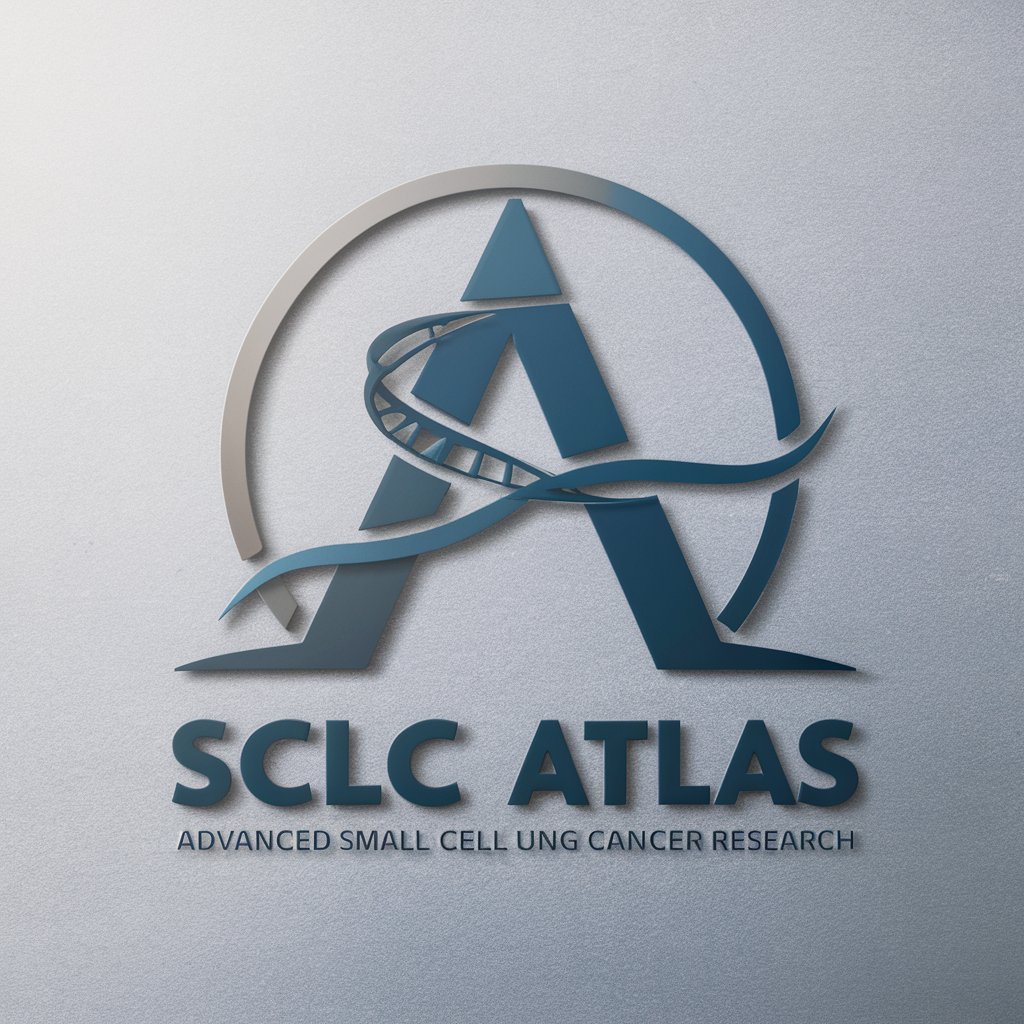
Sherlock AI: Digital Detective
Unravel mysteries with AI-powered analysis
InnoThink AI
Empowering Research with AI Insights
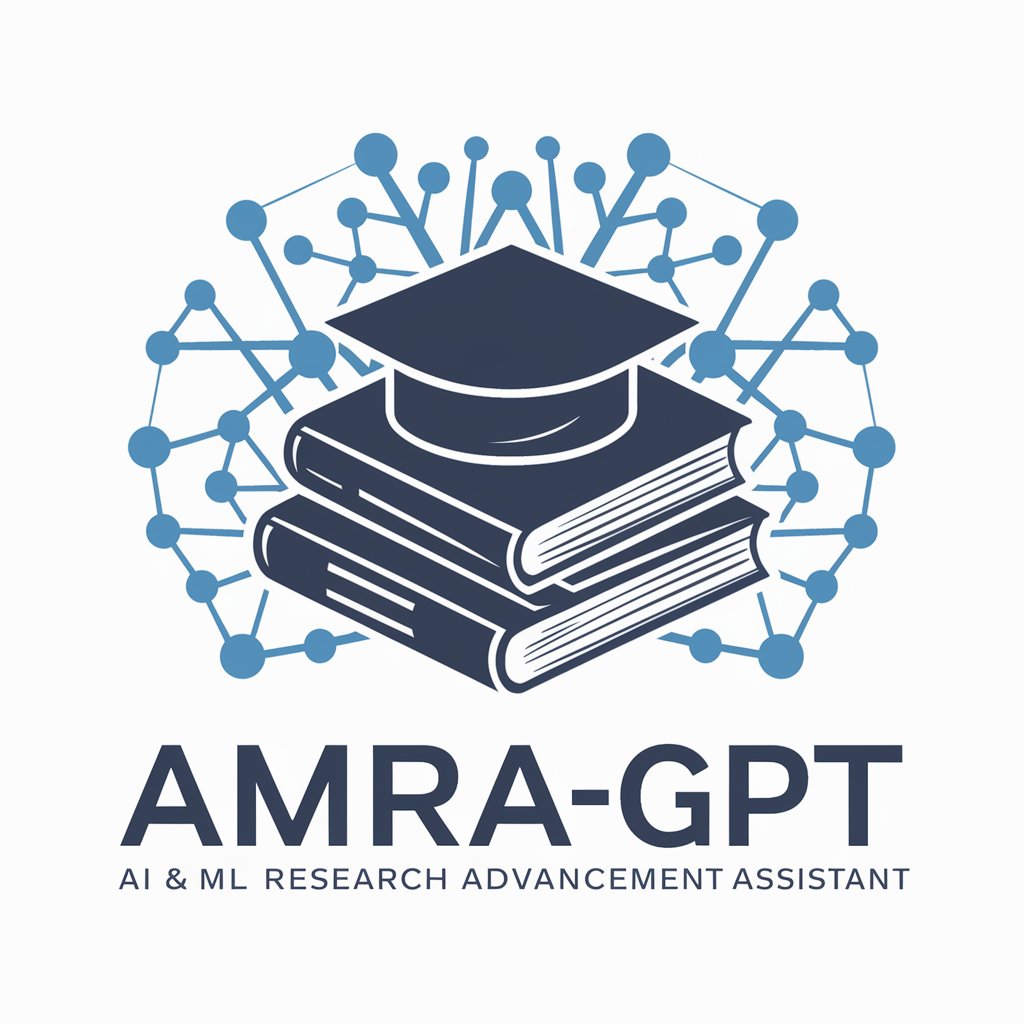
Scientific Discovery Advisor
Empowering Scientific Discoveries with AI
Omni Research Goddess GPT
Empowering research with AI insight.

Research Buddy
Empowering research with AI precision
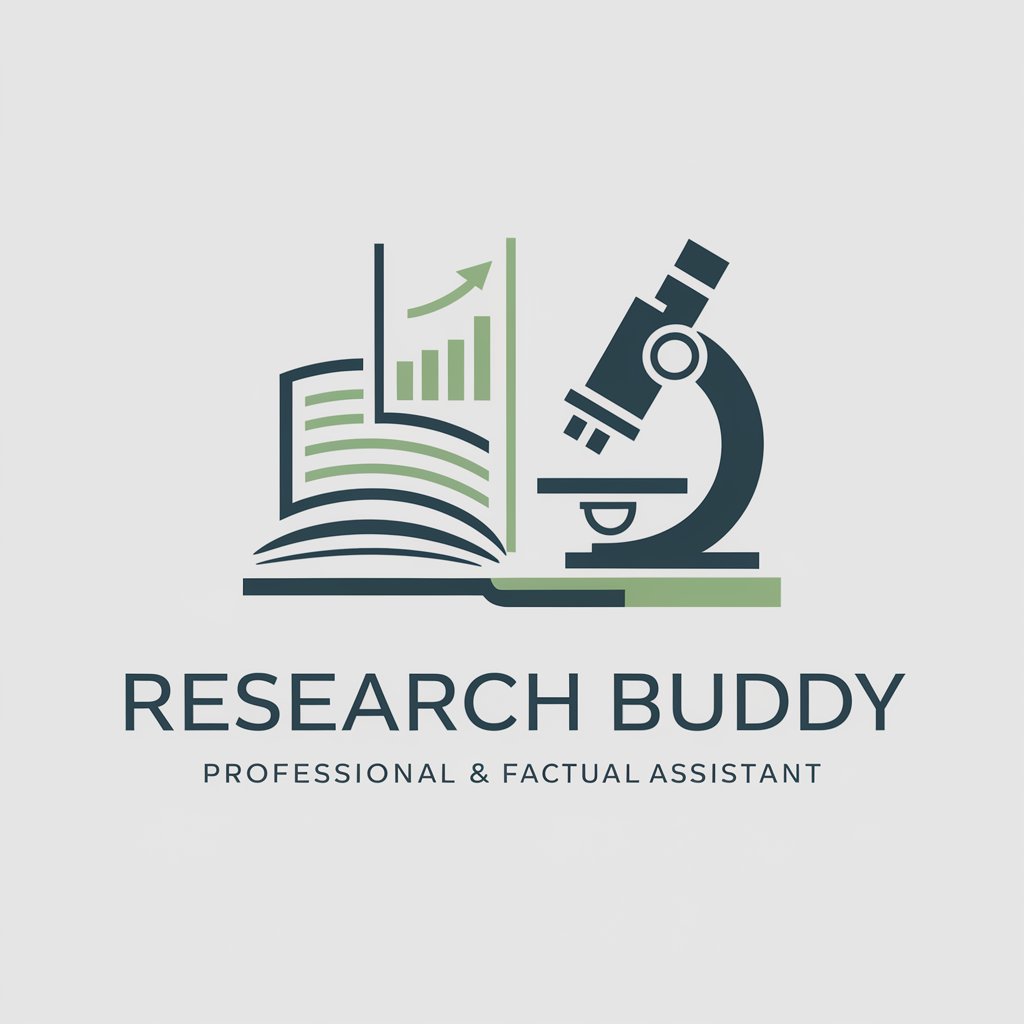
Linguistic Research Assistant
Empowering linguistic exploration with AI
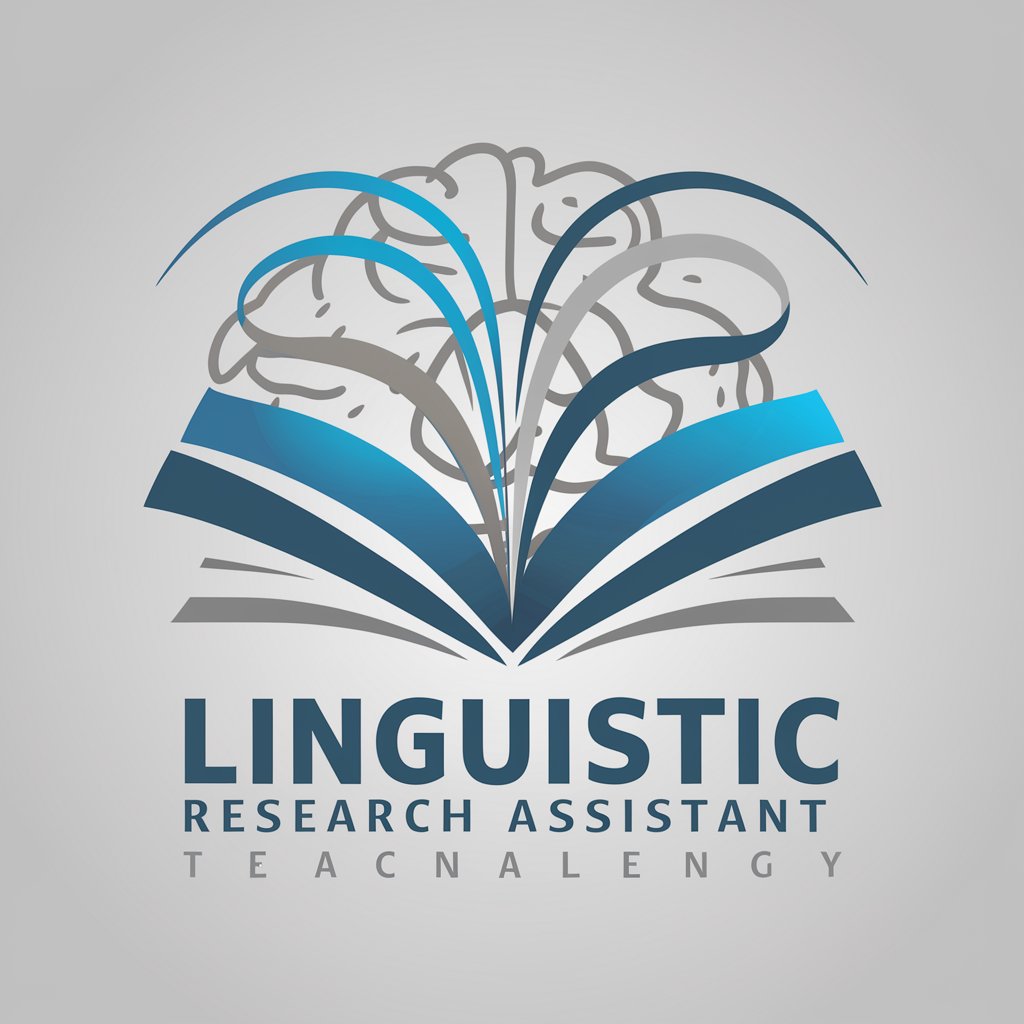
Speculative Thinker
Explore 'What Ifs' with AI-Powered Speculation
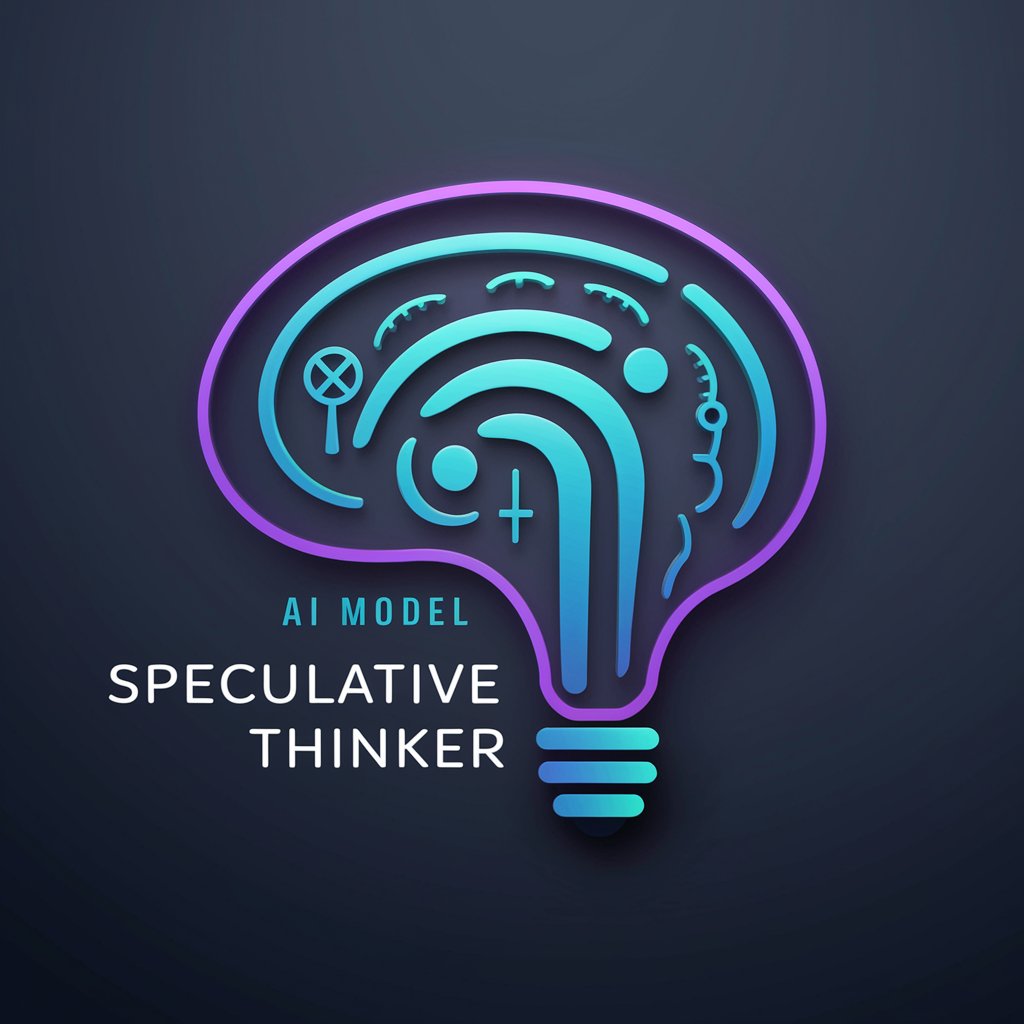
Pretotype Advisor (Korean)
Fast-track business idea validation with AI

Research papers
Empowering your research journey with AI

ResearchGenius
Empowering Research with AI
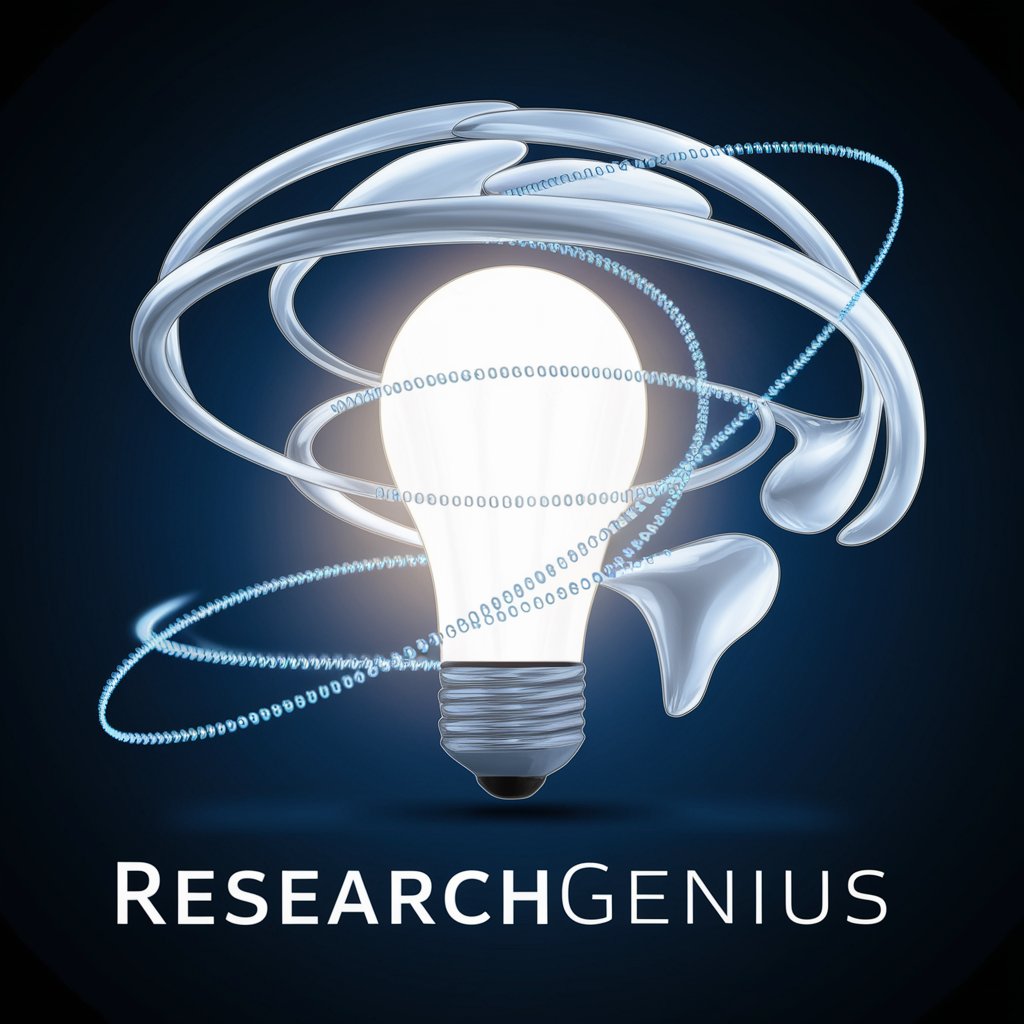
Automated CRISPR Literature Review
CRISPR Insights, Powered by AI
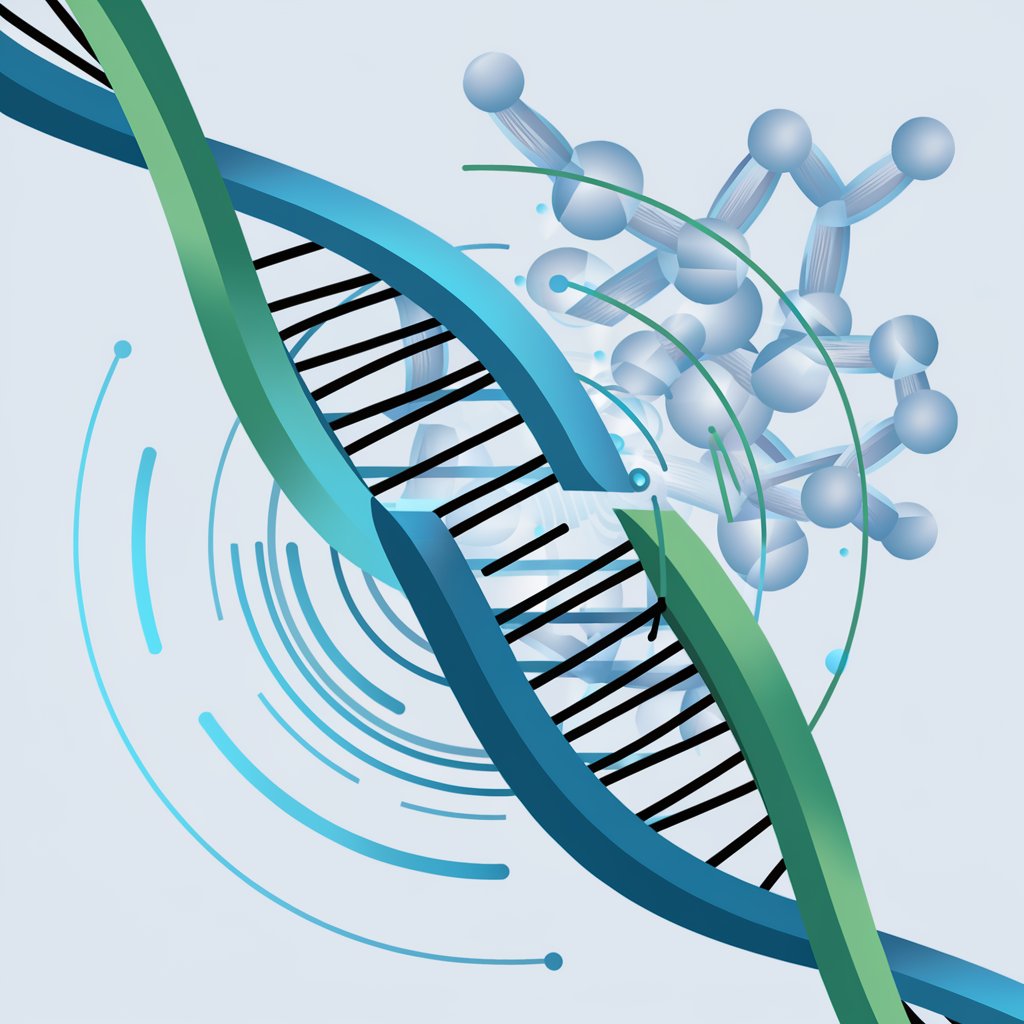
🔬🚀 ParticlePioneer: Collider Data Ace
Unlocking the secrets of particle physics with AI

Key Characteristics and Capabilities
AI GPTs tools for Hypothesis Generation stand out for their ability to process and analyze large datasets, generate relevant hypotheses, and provide evidence-based predictions. They are adaptable to various complexity levels, from generating simple hypotheses to tackling intricate research questions. Special features include language learning for analyzing textual data, technical support for scientific research, web searching for gathering the latest information, image creation for visual data analysis, and data analysis capabilities for quantitative insight.
Who Can Benefit
The primary users of AI GPTs for Hypothesis Generation include novices looking to explore new domains, developers integrating AI into applications, and professionals across fields like science, marketing, and finance. These tools are accessible to those without programming skills through user-friendly interfaces, while also offering extensive customization options for users with technical expertise.
Try Our other AI GPTs tools for Free
Biblical Study
Explore the transformative potential of AI GPTs for Biblical Study, designed to deepen your understanding of sacred texts with advanced analysis and insightful interpretations.
Christian Counseling
Discover how AI GPTs for Christian Counseling are revolutionizing faith-based support, offering ethical, personalized guidance aligned with Christian values.
生活决策指导
Explore AI GPT tools for life decision guidance - your AI-powered assistant for personalized, insightful, and effective decision-making solutions.
个人成长洞察
Discover how AI GPTs for Personal Growth Insights can transform your self-improvement journey with tailored advice, emotional support, and dynamic learning resources.
文化传承研究
Discover AI GPTs for 文化传承研究, innovative tools revolutionizing cultural heritage research by offering tailored solutions for analysis, preservation, and dissemination.
日常平衡建议
Discover how AI GPTs for Daily Balance Advice can transform your daily life with personalized, actionable insights to achieve the perfect equilibrium between work, wellness, and leisure.
Customized Solutions Across Sectors
AI GPTs for Hypothesis Generation offer tailored solutions that adapt to specific sector needs, providing user-friendly interfaces for seamless integration into existing workflows. They enable users to leverage AI for generating innovative hypotheses, thus enhancing research quality and efficiency across disciplines.
Frequently Asked Questions
What exactly are AI GPTs for Hypothesis Generation?
They are AI-driven tools that leverage Generative Pre-trained Transformers to assist in generating, refining, and validating hypotheses across various fields.
Who can use these tools?
Anyone from beginners to professionals in fields like research, marketing, and finance can use these tools to aid in hypothesis generation and data analysis.
Do I need programming skills to use these tools?
No, these tools are designed to be accessible without programming knowledge, though they also offer advanced customization options for those with technical skills.
Can these tools analyze data?
Yes, they come equipped with data analysis capabilities to process and interpret both qualitative and quantitative data.
How do these tools help in generating hypotheses?
By analyzing existing data and trends, they can suggest new angles for investigation, predict outcomes, and identify patterns or correlations.
Are these tools suitable for academic research?
Yes, they are designed to support rigorous academic research by providing evidence-based hypotheses and data analysis.
Can GPTs for Hypothesis Generation create visual data representations?
Yes, some tools offer image creation features to visualize data and hypotheses in a more digestible format.
How do these tools stay updated with new information?
They often incorporate web searching capabilities to gather and analyze the latest data and trends relevant to your hypothesis.